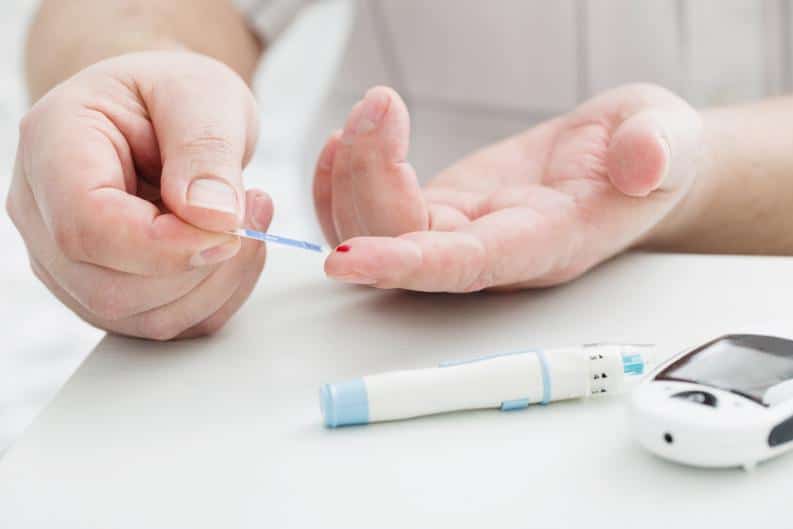Phthalates are chemicals widely used in plastics such as personal care products, children’s toys, and food and beverage packaging. Phthalate exposure is associated with reduced fertility, diabetes, and other endocrine disorders.
“Our research found phthalates may contribute to a higher incidence of diabetes in women, especially White women, over a six-year period,” said Sung Kyun Park, Sc.D., M.P.H., of the University of Michigan School of Public Health in Ann Arbor, Mich. “People are exposed to phthalates daily increasing their risk of several metabolic diseases. It’s important that we address EDCs now as they are harmful to human health.”
The researchers studied 1,308 women from the Study of Women’s Health Across the Nation-(SWAN) over six years to see if phthalates contributed to incident diabetes in this population. About 5% of the women developed diabetes over six years. These women had concentrations of phthalates in their urine similar to middle-aged women in the U.S. in the early 2000s, when the urine samples were collected. White women exposed to high levels of some phthalates had a 30-63% higher chance of developing diabetes, while the harmful chemicals were not linked to diabetes in Black or Asian women.
The other authors of this study are Mia Q. Peng, Carrie A. Karvonen-Gutierrez, and Bhramar Mukherjee of the University of Michigan School of Public Health; and William H. Herman of the University of Michigan School of Public Health and the University of Michigan Medical School in Ann Arbor, Mich.
The study received funding from the National Institutes of Health, the SWAN Repository, the National Center for Research Resources, and the National Center for Advancing Translational Sciences.
“Our research is a step in the right direction towards better understanding phthalates’ effect on metabolic diseases, but further investigation is needed,” Park said.




